| Here we are, into a brand new year and it's Blue Monday. Traditionally this is the week when we begin to despair of achieving our new year resolutions. All across the country gyms fall silent and empty. Bank accounts slip into the red as the first, hefty, payments for unused membership fees are debited. Chocolate and gin comfort sales soar in the supermarkets. Why are so many new year resolutions given up? Perhaps because we often base our resolutions on negative self images or on shoulds: I’m overweight - I should go on a diet; I’m lazy - I should exercise more; I’m not achieving enough - I should work harder. If we set our goals according to negative self beliefs or with an ideal image of what “should” be in mind, we might be setting ourselves up for disappointment. Our “inner critic” can undermine our efforts, that little voice lurking in most of our heads, telling us we’re overweight, lazy, unsuccessful…(fill in your own blanks…). With a shining image of how we “should” be before it, our inner critic tells us how imperfect we are by comparison, how difficult it is to attain that goal, how we’re not good enough, that we’ll never make it. A mindful approach can help diminish the influence of the inner critic and put the demands of perfectionism into a more manageable perspective. MIndfulness is about awareness of the present moment, without judgment. One simple exercise for when we’re beset by negative thoughts is to take a moment simply to let those thoughts flow through the mind. Our tendency is to try to argue with them by contradicting them with positives or to defend ourselves with justifications (“I’m not overweight - I’m curvaceous;” “I’m not lazy - I walk to work every day;” “I’ve achieved quite a lot and I work long hours already.”) This positive thinking might be quite right, too. The problem is that countering the negative thoughts with positives, however correctly, can give them weight. By engaging with our inner critic we’re encouraging it to keep returning to argue with us. Instead, let the criticisms or worries flow. Acknowledge thoughts as they pass. Taking a moment to step back and notice them allows us to recognise the inner critic for what it is: a mere mental habit formed unconsciously over the years. Simply standing back can give us a sense of perspective; accepting negative thoughts for what they are can shrink their power and prevent them from overwhelming us. When we make new year resolutions, the perfectionism of past “failures” and future ideal goals or “shoulds” can sneak in. Mindfulness’ emphasis on the present moment can help ground us when we’re anxious about achieving future aims or distressed by past regrets. A simple exercise is to pause and focus on present sensations, going through five senses in turn. First, notice five things you can see around you; next tune in to four sounds; then three things you can feel; two things you can smell; finally, one thing you can taste. This mindfulness exercise can calm us when we’re anxious and can help us to accept and enjoy the present when thoughts of what should be or what might have been threaten to overwhelm us. Mindfulness is above all about being non-judgmental. Although setting perfectionist goals might seem ideal to spur us on, they can erode our confidence and ability to achieve by focusing on our flaws, setting up comparisons with how we “should” be. Perfectionism can paralyse us with fear of failure rather than encourage us with positive hopes. My favourite quotation from Carl Rogers, the founder of person-centred therapy, captures the power of self-acceptance to transform us: “paradoxically, when I accept myself just as I am, then I can change…” If we learn to accept our weaknesses, our fear of failing lessens: we can be a bit overweight, veg out on the sofa sometimes and do less overtime at work. Ironically, this can enable us to achieve more: it releases us from the pressure that can paralyse us, instead giving us room to improve in manageable steps. So...let’s not let new year resolutions drag us into despair by Blue Monday! If we miss a few days of exercise, indulge in chocolate and gin for a while or spend too much money, we don’t have to criticise ourselves for our “failure” or what we “should” have achieved. Instead we can accept that we’re all human, do some exercise we enjoy, indulge occasionally and budget a bit better next month. If this year’s resolutions seem too difficult, perhaps we can try out some small, manageable steps to improve something we already enjoy. My own new year’s resolution is to try to make different types of trifles, like the trifles my mother used to make me for my birthdays when I was young. Trifles are gloriously messy, made step by step, slowly with pauses for rest while the juice settles in the sponges, then the jelly sets, then the custard cools. Plenty of scope for mindful practice in making them (and eating them provides enjoyment of all five senses!) For details of our evening Mindfulness course - starting on Wednesday 20th February - please visit www.stressproject.org.uk/minfulness for more information. Rowan St Clair Blogger and practices Mindfulness | |
|
0 Comments
|
Archives
January 2024
Categories |

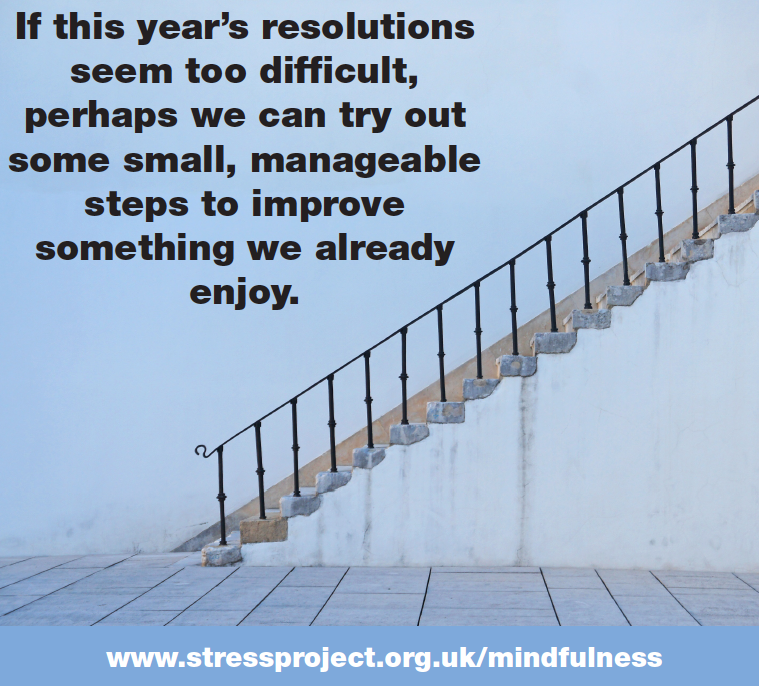
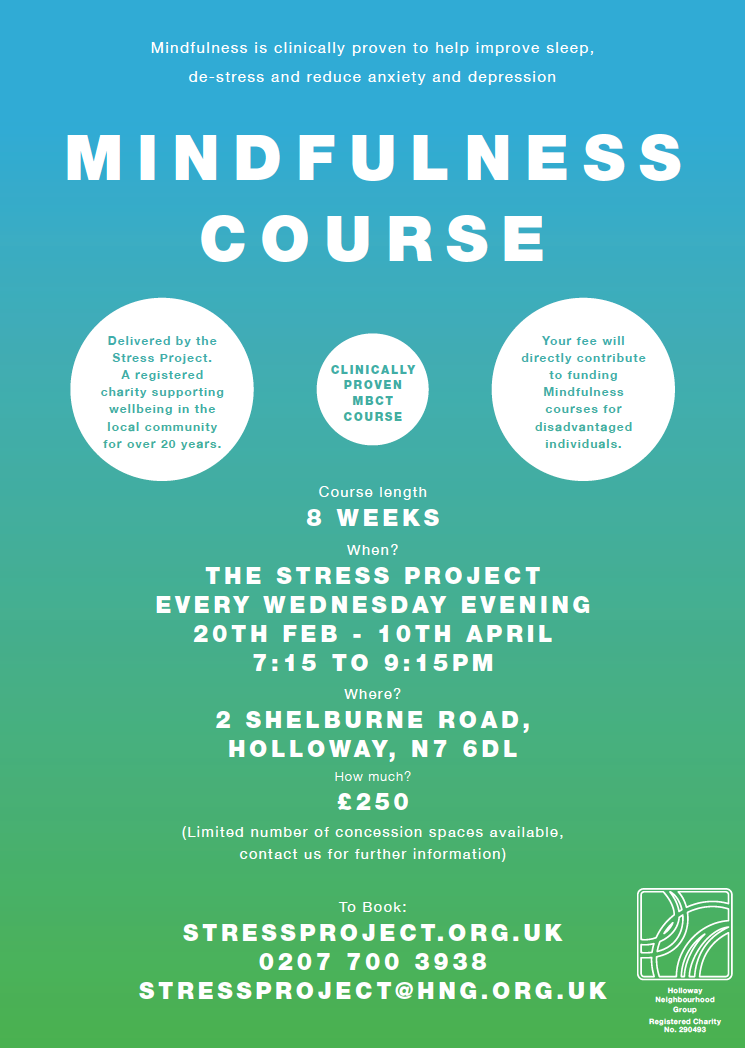
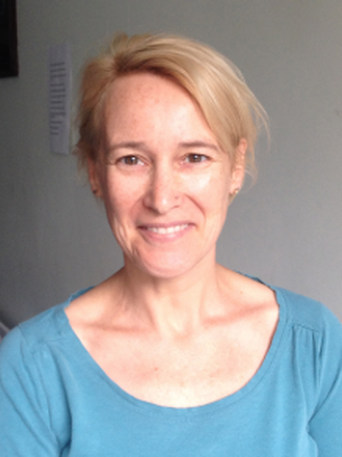
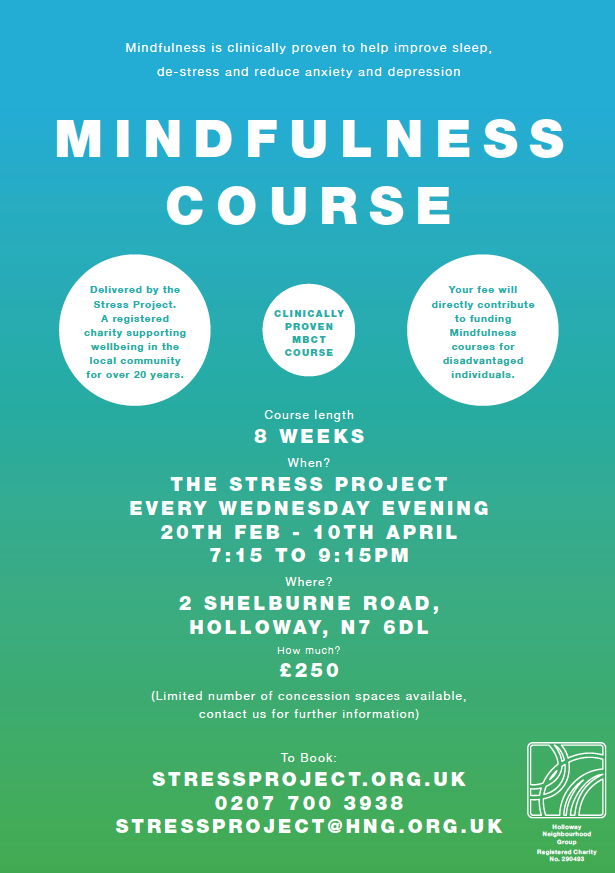

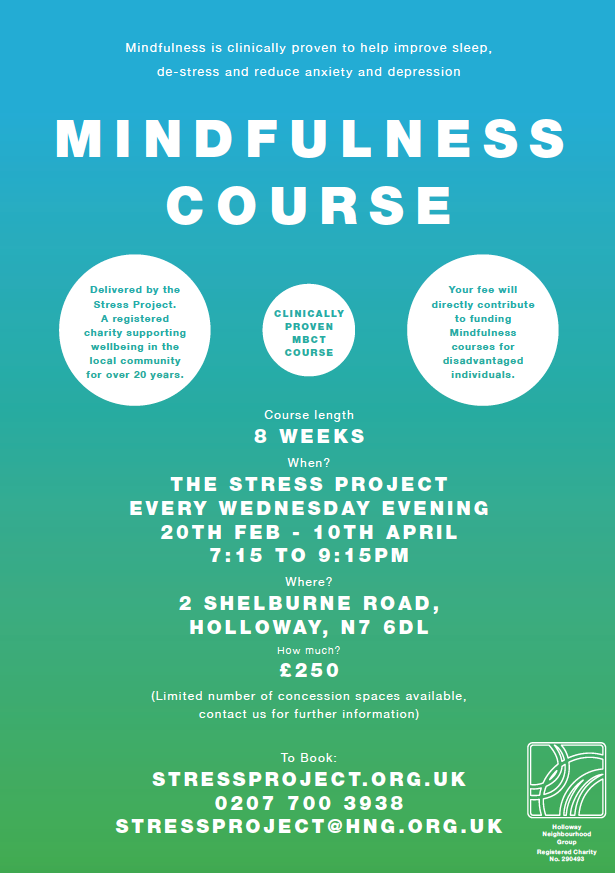

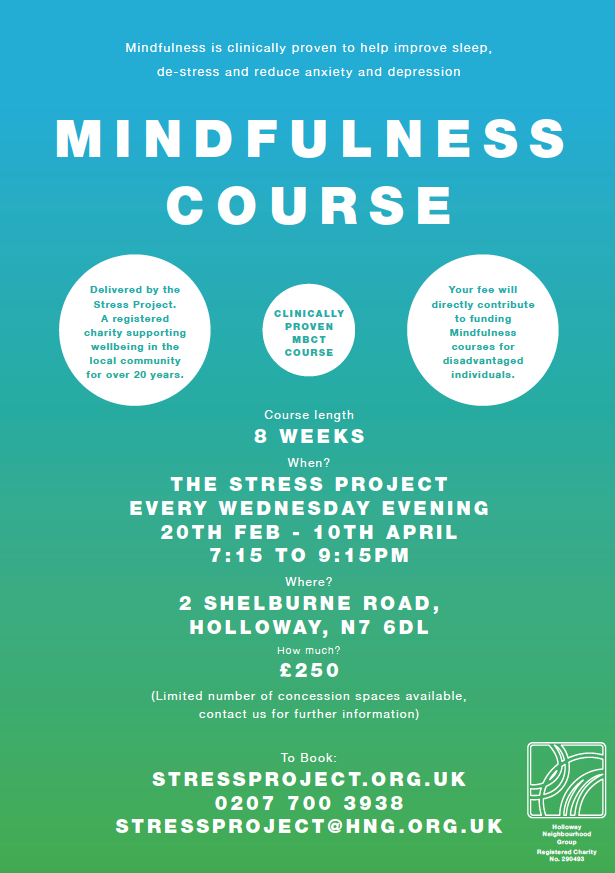
 RSS Feed
RSS Feed